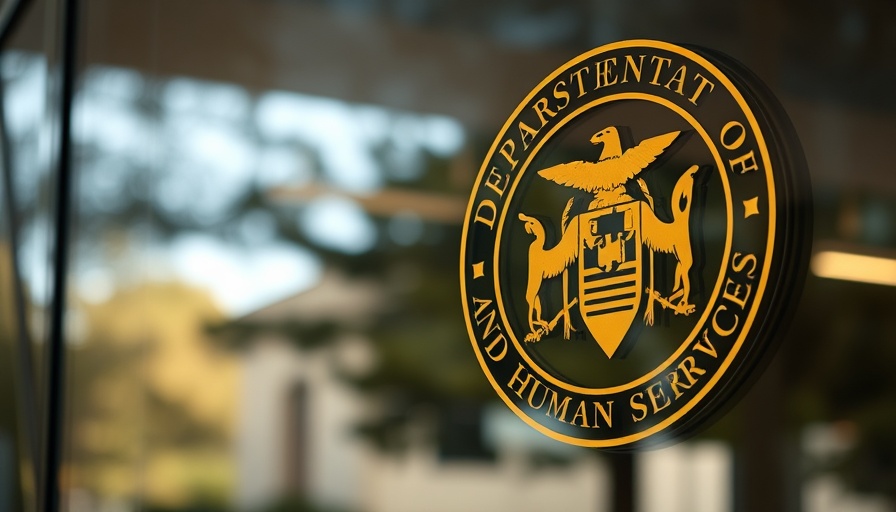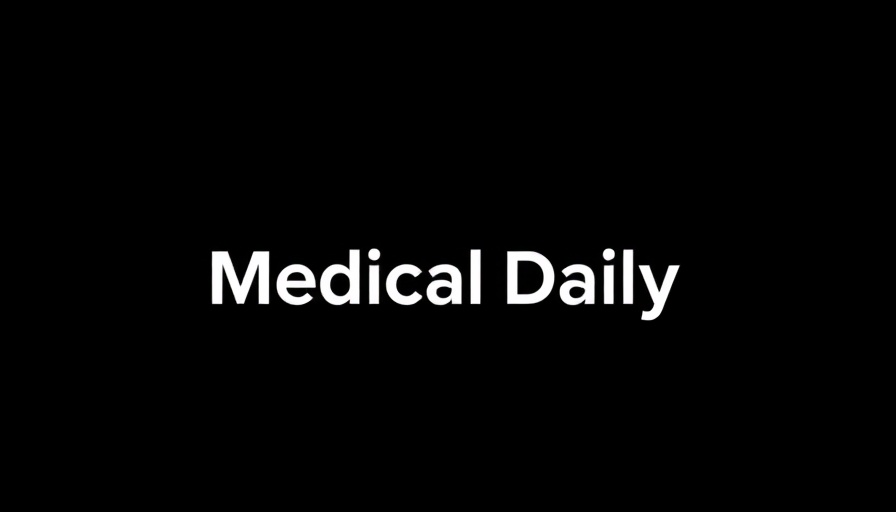
Why public trust in vaccines is at risk
In recent years, skepticism about vaccines has surged, shaking the foundations of public health initiatives across the nation. The U.S. Department of Health and Human Services (HHS) has taken a bold step by removing all members of the Advisory Committee on Immunization Practices. This move, spearheaded by HHS Secretary Robert F. Kennedy Jr., aims to address a growing erosion of trust among Americans regarding vaccine recommendations.
Decoding HHS's radical overhaul
Secretary Kennedy’s declaration was clear: the need for transparency and integrity in public health is crucial. The reconstitution of the committee not only reflects a drastic change in approach but also aligns with President Trump’s executive order aimed at shielding scientific advisory bodies from external influences. Strikingly, 13 members of the previous committee were appointed under the Biden administration. This sweeping change is thus seen as a remedy to restore faith in unbiased vaccine science.
The emotional weight behind vaccine mistrust
For many, vaccines are intensely personal. They conjure feelings of safety for some and skepticism for others. Opposing narratives have flourished, often fed by misinformation and political divisiveness during the pandemic. Addressing these feelings is vital. Kennedy reinforces that moving forward, the focus must remain on prioritizing public health over any agenda. Engaging communities in discussions around vaccines could help bridge this trust gap.
How does this affect Massachusetts?
Health-conscious people in Massachusetts are particularly affected by these developments. The state's rich history in public health initiatives and progressive medicine has made it a bellwether for vaccine acceptance. Local health departments are likely to closely monitor these changes as the new committee members are appointed. Ensuring a reputable advisory body could empower Massachusetts residents in their choices surrounding vaccines.
Future predictions: what to expect from ACIP?
As the new committee convenes, discussions will likely center around science and evidence-based practices. This may involve revisiting existing immunization schedules and ensuring they meet the evolving landscape of public health challenges. One can anticipate a more rigorous review process. Furthermore, expect efforts not just to inform but also to engage the public in conversations about the significance of vaccines in preventing outbreaks.
Practical tips to rebuild trust
For those still hesitant, it's essential to seek accurate information. Connecting with healthcare providers and utilizing trusted resources can dispel myths. Furthermore, each vaccination story shared strengthens community narratives around health and safety. Understanding others' experiences can diminish fears and illuminate the common goal of public health.
The future of vaccine recommendations
Looking ahead, it's clear that the committee's new direction will play a pivotal role not only in vaccine policy but also in how citizens perceive vaccination as a whole. The reliance on evidence over agendas could finally bridge gaps and unify communities under a shared goal: ensuring the well-being of all citizens.
This shift signals a new chapter for vaccines in America. As we observe these developments, it will be vital to engage in conversations not just about policies, but about personal stories regarding vaccines. The voices of those in Massachusetts and beyond can bring transparency, rebuild trust, and foster a healthier future. Let's join the dialogue and share insights.
 Add Row
Add Row  Add
Add 




 Add Row
Add Row  Add
Add 

Write A Comment